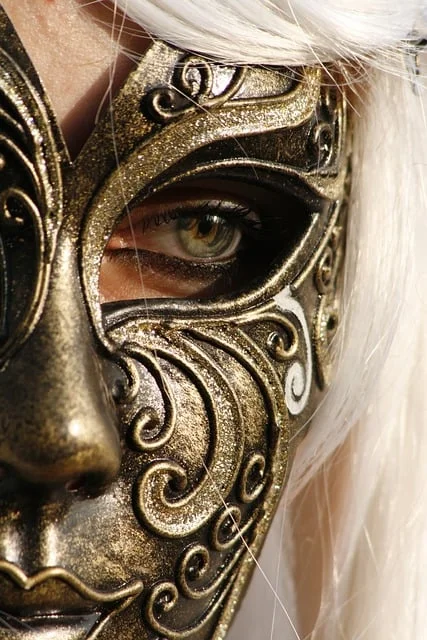What Causes Ear Infection Bleeding?
Ear infections can cause many problems for people. These can include pain, deafness and discharge. So what causes ear infection bleeding and what should you do about it?
Bleeding is a sign of damage to the tissues of the ear. It can be a sign of a severe infection requiring treatment by a doctor. There are a few things which cause bleeding. The first is a ruptured eardrum. Infection of the middle ear can result in blockage of the Eustachian tube which drains the middle ear space. This causes swelling and results in the air space filling with infected fluid. As more of this is made the pressure in the middle ear goes up. Eventually the eardrum may burst. Bleeding occurs as it is made of a thin layer of skin which has blood vessels running through it.
Another cause of bleeding is from damaged skin. When it becomes infected the skin becomes weakened. Swelling and inflammation makes the skin more likely to be damaged or torn. This is particularly the case if a finger or sharp implement is pushed in the ear. Infected discharge from the ear may contain blood. As the fluid leaks from the skin blood may also leak from damaged capillaries and blood vessels.
Swimmer's ear is a type of outer ear infection caused by water getting in the ear. Sometimes this can become severe and bleeding may occur. It can be prevented by wearing moulded ear plugs when you get your ears wet. ZenPlugs from zenplugs.com are particularly good for this purpose as they are antibacterial as well as blocking water from the ears.
WHAT ARE THE CAUSES OF A BURST EARDRUM?
Many of us will suffer from a burst eardrum (ruptured tympanic membrane) at some point in our lives, but why does it happen? Here are a few of the causes.
Ear infection. Otitis media is one of the commonest causes of a ruptured tympanic membrane. When the Eustachian tube becomes blocked with inflammation and mucus the air space of the middle ear fills with fluid which then becomes infected. The pressure goes up as the pus forms and this causes pain as it stretches the ear drum, which eventually bursts. The classic signs of a rupture are relief of the severe pain followed by a rush of blood and pus from the ear. This usually relieves the infection.
Barotrauma. This is damage caused by a change in ambient pressure. This happens during ascent and descent in an aeroplane and whilst scuba diving. Blockage of the Eustachian Tube results in lack of equalisation of the pressure in the middle ear space with the outside world. When the pressure changes during the activities listed above this leads to a pressure gradient across the drum. If the drum is not strong enough to resist this pressure it will tear.
Blast. The pressure wave created by a bomb blast or lorry tyre bursting near the ear is also enough to cause a rupture. This occurs because for a fraction of a second there is a high pressure on one side of the drum and normal pressure on the other, creating a shear force which tears the thin membrane of the drum.
If you think you may have a burst ear drum or another ear disorder you should consult a doctor.
Tears usually heal in 4-6 weeks and require re-examination to confirm this. Occasionally a tear won't heal and an operation may be offered to repair it with a tiny patch.
If you have any suggestions for posts please could you leave us a comment in the box below.
If you have blood coming from your ear, an ear infection or another ear problem you must visit a doctor. This post should not be taken as medical advice.
Dr Toby Bateson for www.zenplugs.com













